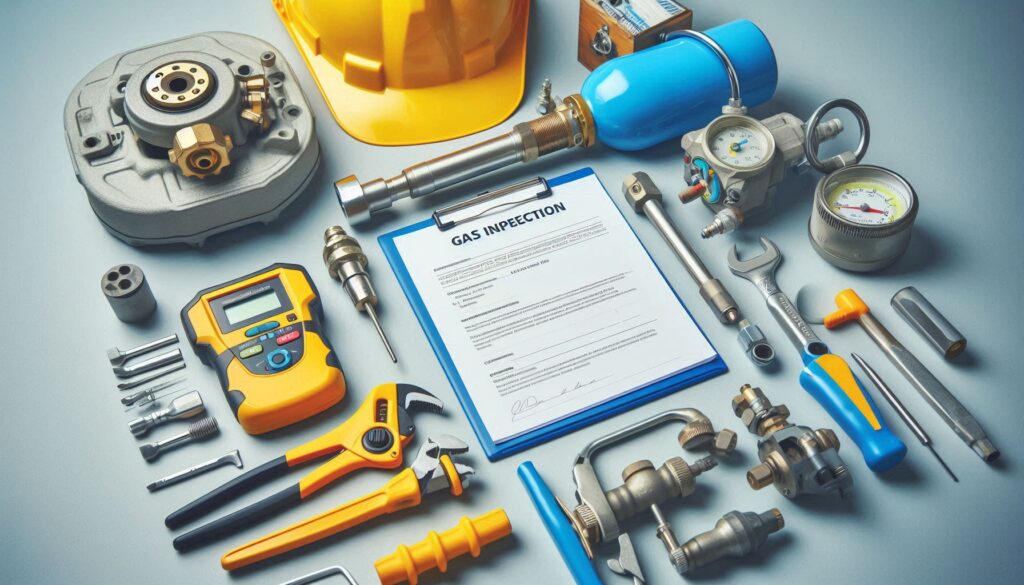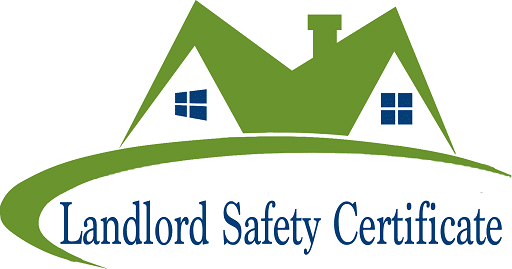
When tenants sign their lease, they expect a safe environment—especially in bustling cities like London. That’s why tenant safety education is vital. Moreover, landlords must clearly explain landlord certificates, such as gas safety, electrical, and energy documents. Doing so builds trust, reduces queries, and ensures legal compliance. In this guide, we’ll walk you through effective strategies for educating tenants, simplifying complex documents, and reinforcing safety in your rental.
In London, local councils and housing authorities place extra emphasis on tenant welfare. Therefore, a landlord who commits to tenant safety education stands out. Moreover, when you actively explain landlord certificates, you help tenants understand their rights and your responsibilities, reducing misinformation and future disputes.
Ultimately, educating tenants helps protect their health, impress agents, and maintain your landlord reputation.
Providing proper tenant safety education begins with clearly explaining the most important landlord certificates. When you explain landlord certificates, focus on how each one protects tenants and ensures legal compliance in your London property.
First and foremost, show your tenants the Gas Safety Certificate. Let them know this document confirms that all gas appliances are safe to use. A Gas Safe registered engineer issues it every year after a full inspection.
To support your tenant safety education, make sure tenants understand that they have a legal right to view this certificate before they move in. Additionally, remind them to report any gas smells or appliance issues immediately.
Next, explain the importance of the EICR, which must be renewed every five years. This inspection checks the condition of the wiring, sockets, and fuse boxes.
Clearly tell tenants that they should notify you right away if they notice flickering lights, broken sockets, or exposed wires. By doing so, you reinforce their role in ongoing tenant safety education and help prevent potential hazards.
Finally, walk tenants through the Energy Performance Certificate. Even though it lasts ten years, it plays a big role in managing heating bills and energy use.
Use simple language to explain this landlord certificate, especially the A–G energy rating scale. Whenever possible, show examples of how a higher rating means lower energy costs—particularly relevant in London’s rental market. Visual aids can help tenants better understand what to expect regarding heating and electricity bills.
By simplifying, you reduce confusion and reinforce tenant safety education.
Timing Is Key
Always deliver certificate copies before or on move-in day. Then, review the documents together, highlighting key points. Subsequently, encourage tenants to ask questions.
Format Matters
Send PDFs via email, and offer printed versions in a folder. Additionally, keep a digital backup for your records.
Reinforce During Inspection Visits
For example, when a gas engineer visits annually, remind tenants what changes with the new certificate. This reinforces tenant safety education and underscores your proactive compliance.

During your tenant safety education, it’s important to welcome and clearly answer questions from your tenants—especially in a busy market like London.
Tenants often ask things like:
• “What do the C1 or C2 codes mean on my EICR?”
• “Why do I need a new Gas Safety Certificate every year?”
• “Can I see previous certificates?”
Instead of brushing off these questions, use them as a chance to explain landlord certificates more thoroughly. For example, clarify that:
• C1 means an immediate danger and must be fixed without delay.
• C2 requires urgent attention.
• C3 is advisory but still important.
Moreover, stress that the annual Gas Safety Certificate is a legal requirement and ensures all gas appliances continue to operate safely.
By answering openly and using clear, simple language, you build trust, support compliance, and strengthen your overall tenant safety education process.
If tenants feel overwhelmed, here’s what many say:
• “This looks too technical.”
• “Why do you need another inspection now?”
In response: reaffirm that tenant safety education protects them, and that legal regulations mandate these certificates. Emphasising safety helps slow the pace of complaints and builds tenant confidence.
By understanding certificates, tenants can:
Indeed, when you explain landlord certificates, you empower tenants to be proactive and cooperative.
Consider compiling a simple welcome pack that includes:
This pack becomes part of your tenant safety education toolkit and underscores your professionalism.
To maintain strong tenant safety education, landlords in London must stay up to date with essential safety documents. Keeping certificates current is not just a legal duty—it also builds tenant trust.
Update the following regularly:
• Gas Safety Certificate: every year
• EICR: every 5 years
• EPC: every 10 years
• Fire safety and CO alarms: test frequently
Additionally, use calendar alerts or property management software to avoid missing deadlines.
Most importantly, take time to explain landlord certificates during each renewal. This reinforces your commitment to safety and ensures tenants understand their rights and responsibilities.
When you effectively explain landlord certificates and invest in tenant safety education, you don’t just meet legal standards—you foster peace of mind, encourage prompt issue reporting, and reduce misunderstandings.
In London’s competitive rental market, clarity and care go a long way. Schedule a certificate review walk-through on move-in day, and keep all documents accessible. Your tenants—and your property—will thank you.

